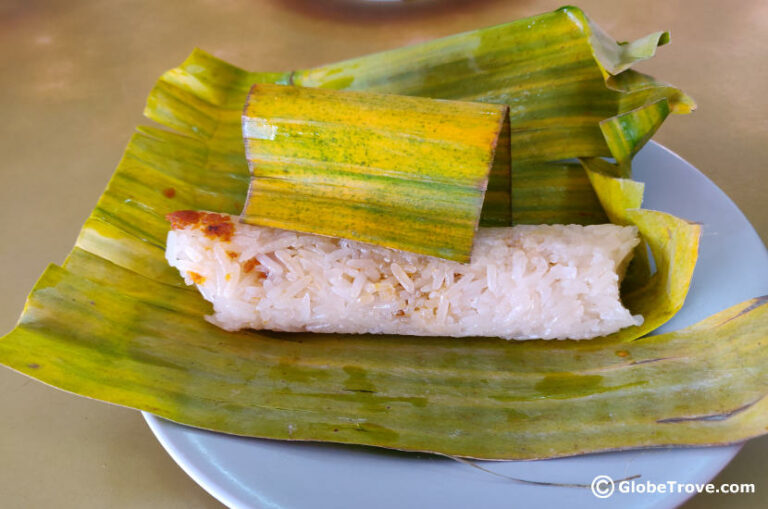Introduction: Bruneian Cuisine
Bruneian cuisine is a fusion of Malay, Chinese, and Indian influences, reflecting the diverse ethnic makeup of the country. Its cuisine is characterized by its use of spices, herbs, and rich flavors. Bruneian dishes are often prepared by slow-cooking methods, resulting in tender and flavorful dishes.
The cuisine of Brunei is influenced by the Islamic dietary traditions, which dictate that Muslims must consume only halal food. As such, most Bruneian dishes are halal, meaning that they are prepared according to Islamic dietary laws. However, there are also vegetarian and seafood options available for those who do not eat meat.
Religious Influence on Bruneian Cuisine
Brunei is an Islamic country, and as such, the cuisine of Brunei is heavily influenced by Islamic dietary traditions. According to these traditions, Muslims must only consume halal food, which is food that is prepared according to Islamic dietary laws. This means that all meat must be prepared in a specific way, and that certain animals (such as pigs) are forbidden.
The influence of Islam on the cuisine of Brunei can be seen in the use of spices, herbs, and flavors that are common in Islamic cuisine. For example, dishes such as nasi lemak and ayam penyet are flavored with spices such as cumin, coriander, and turmeric. The use of spices and herbs is not only to enhance the flavor of the dish but also to adhere to Islamic dietary laws.
Halal Dietary Restrictions in Bruneian Cuisine
As mentioned, the majority of Bruneian dishes are halal, meaning that they are prepared according to Islamic dietary laws. This includes the preparation of meat, which must be slaughtered in a specific way, and the prohibition of certain animals such as pigs.
Bruneian cuisine also follows the Islamic tradition of separating utensils and preparing food separately for those who do not eat pork. This ensures that those who do not eat pork are not exposed to any pork-related contamination.
Bruneian Cuisine and Pork
Pork is forbidden in Islamic dietary laws, and as such, it is not widely consumed in Brunei. However, non-Muslims and some indigenous communities consume it, and there are some pork dishes available in certain restaurants. However, these dishes are usually not served in Muslim-run restaurants.
Vegetarian and Vegan Options in Bruneian Cuisine
Vegetarian and vegan options are available in Brunei, although they are not as common as meat-based dishes. However, dishes such as sayur lodeh (vegetable curry) and acar timun (cucumber salad) are popular vegetarian options.
Vegan options are also available, although they may be limited. Some dishes such as tofu and tempeh are often used in place of meat in certain dishes. However, it is important to note that some Bruneian dishes may contain shrimp paste or fish sauce, which are not vegan.
Gluten-Free Options in Bruneian Cuisine
Gluten-free options are available in Brunei, although they may be limited. Many Bruneian dishes contain rice, which is gluten-free. However, some dishes may contain soy sauce, which may contain gluten.
It is important for those with celiac disease or gluten intolerance to ask about the ingredients in certain dishes before ordering them.
Bruneian Cuisine and Seafood
Seafood is a popular ingredient in Bruneian cuisine, and many dishes feature fish, shrimp, and crab. Bruneian cuisine uses a variety of cooking methods to prepare seafood, including grilling, frying, and steaming.
As with other meat, seafood must be prepared according to halal dietary laws. This means that it must be prepared separately from pork and other non-halal foods.
Conclusion: Bruneian Cuisine and Dietary Restrictions
Bruneian cuisine is heavily influenced by Islamic dietary traditions, which dictate that Muslims must only consume halal food. This means that most Bruneian dishes are halal, and that meat must be prepared in a certain way.
Vegetarian, vegan, and gluten-free options are available in Brunei, although they may be limited. Seafood is a popular ingredient in Bruneian cuisine, and it must be prepared according to halal dietary laws.

